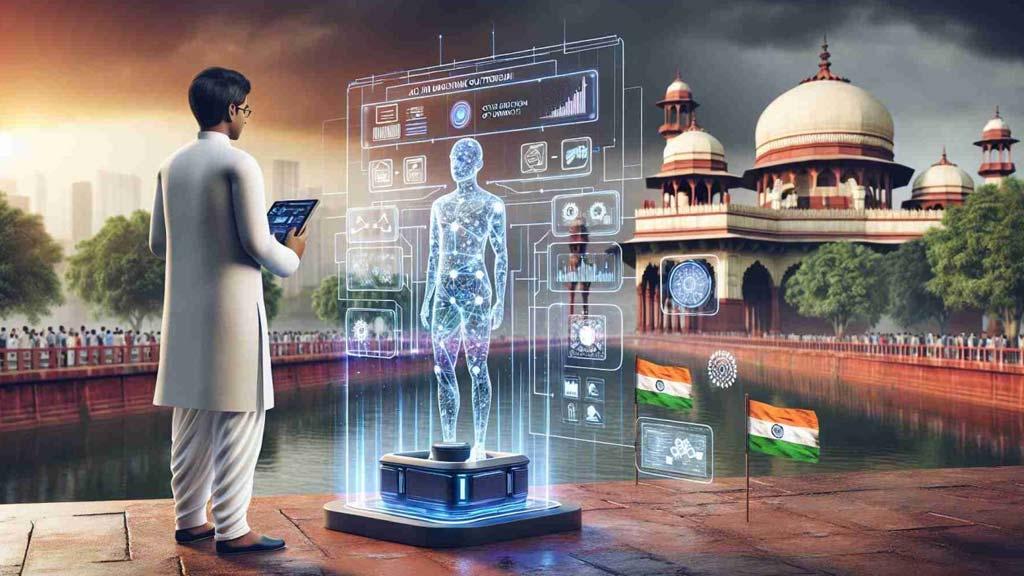News
Read the Montek Today
Explore the news article about technology,
Digital Marketing and global staffing.
Parliament to Leverage AI and ML for Multilingual Access to Proceedings Says Lok Sabha Speaker

In a significant step towards enhancing transparency and accessibility, Lok Sabha Speaker Om Birla today announced that the Indian Parliament will soon implement Artificial Intelligence (AI) and Machine Learning (ML) technologies to provide real-time multilingual translations of parliamentary proceedings.
Addressing the media, Speaker Birla emphasized the importance of breaking language barriers in the country's legislative process, given India's diverse linguistic landscape. "India is a land of many languages, and it is crucial for every citizen to have access to parliamentary discussions in a language they understand. AI and ML will help us achieve this, ensuring real-time translations of debates, speeches, and discussions in all major Indian languages," he stated.
The Speaker explained that the initiative aims to bring greater inclusivity and transparency to the legislative process. By deploying AI-driven language models, parliamentary proceedings will be available in Hindi, English, and regional languages such as Tamil, Telugu, Bengali, and more. This move aligns with the government’s push towards embracing digital solutions in governance, in line with its vision of 'Digital India.'
Advanced Technology for Seamless Integration
The AI and ML systems will be trained to process live data and translate complex legal and legislative jargon into comprehensible language for wider audiences. The technology will also be integrated into a new platform where citizens can access real-time translations through various devices, including mobile phones, tablets, and computers.
"The use of AI and ML is not just about translation; it will ensure that every Indian citizen, irrespective of their linguistic background, can stay informed and participate in democratic processes," Birla added.
Boost to Civic Participation
Experts believe this innovation will boost civic engagement, especially in rural and non-Hindi-speaking regions, where people may struggle to follow proceedings conducted in languages they are not fluent in. The move is seen as a major stride in making parliamentary processes more inclusive and transparent.
The Speaker also hinted at further technological innovations in Parliament’s functioning, including AI-assisted data analytics for legislative research and automated documentation to enhance efficiency.


Date : 2024-09-25 | By : Shesha Mohanty | Category: AI-ML